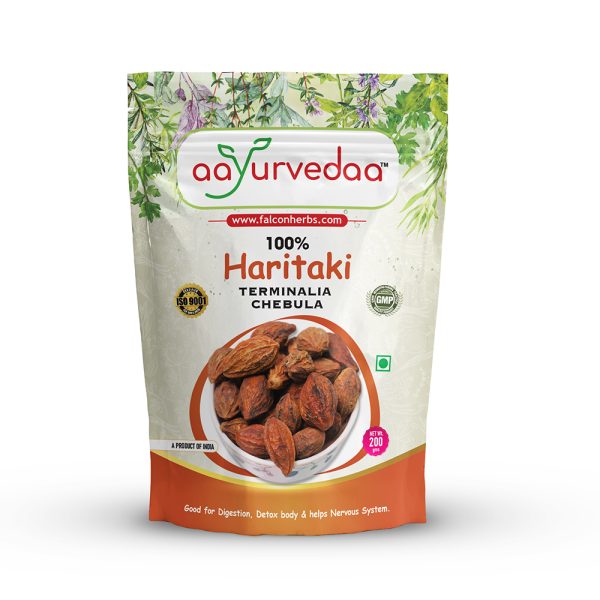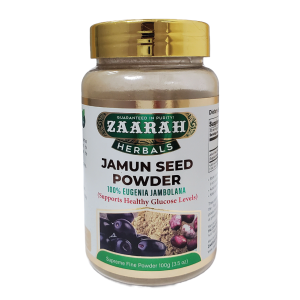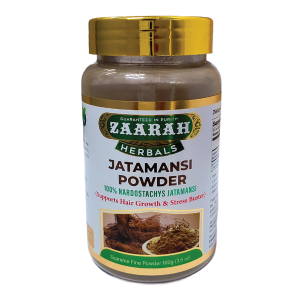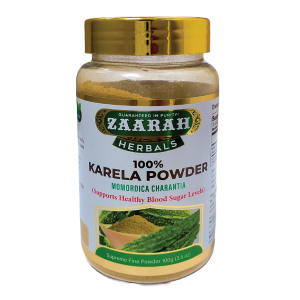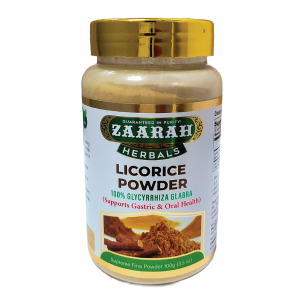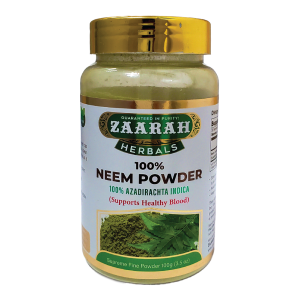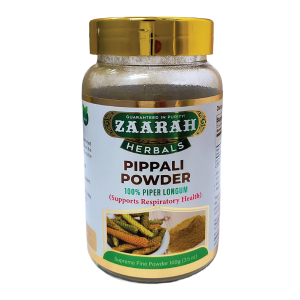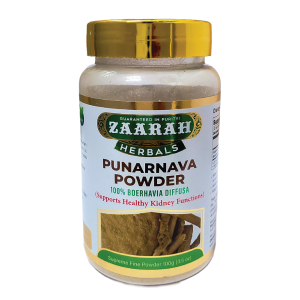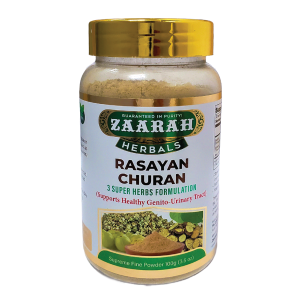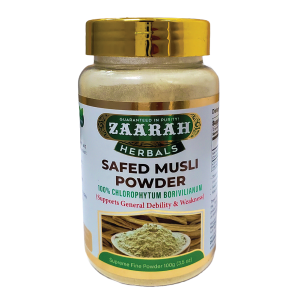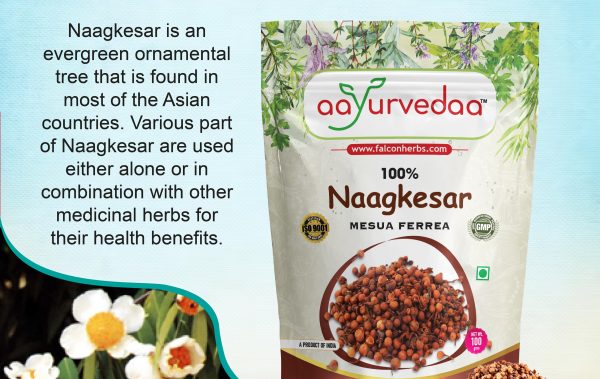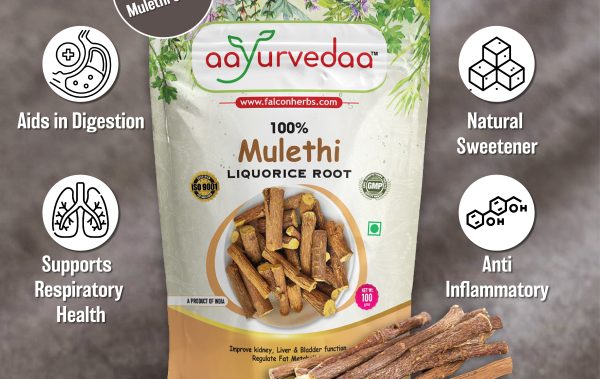No products in the cart.
Unlock 5 Power of Haritaki: A Triphala Powerhouse for Digestion, Detox, and Nervous System Support

It helps to reduce the breakdown of starch into glucose. Hence, regular usage of Haritaki powder effectively brings down the blood glucose levels and relieves from various diabetic symptoms like frequent urination, excessive thirst, weight loss etc.
Explore the ancient wisdom of Ayurveda with our premium Haritaki, a revered herb known for its digestive and holistic health benefits. Sourced from pristine environments, our Haritaki supplement is a natural choice to support your well-being.
Table of Contents

1. Unveiling Haritaki | Triphala: The “King of Medicines” in the Realm of Ayurveda
Haritaki, also known as Chebulic myrobalan or Terminalia chebula, is a fascinating dried fruit with a rich history and potential health benefits deeply rooted in Ayurvedic medicine. This small, wrinkled fruit, native to South Asia, has earned the moniker “King of Medicines” for its purported therapeutic properties revered for centuries. Let’s embark on a journey to explore the many facets of Haritaki, delving into its botanical origins, traditional uses, potential benefits, and considerations for modern-day integration.
A Botanical Journey: From Tree to Fruit
Haritaki originates from the Terminalia chebula tree, a member of the Combretaceae family. This majestic tree can reach up to 30 meters tall and boasts beautiful yellow-green flowers that eventually transform into the coveted Haritaki fruit. The fruit itself is roughly the size of a walnut, with a wrinkled, yellow-brown exterior and a single seed inside. While its appearance might be unassuming, its potential health benefits have captured the attention of both traditional and modern wellness practices.
2. A Legacy of Use in Traditional Medicine
Haritaki holds a significant place in Ayurveda, an ancient Indian system of holistic healing, for over 3,000 years. It is considered one of the three fruits forming “Triphala,” a legendary herbal formula believed to promote balance and overall well-being. Traditionally, Haritaki has been used to address various ailments, including:
- Digestive issues: It is believed to aid digestion, regulate bowel movements, and promote gut health.
- Detoxification: Haritaki is considered a natural detoxifier, supporting the body’s natural cleansing processes.
- Respiratory problems: It has been used traditionally for coughs, colds, and asthma.
- Skin health: Haritaki is known for its potential to improve skin health and may be used topically for wound healing and promoting a radiant complexion.
- Nervous system support: Some traditional practices believe Haritaki may support the nervous system and promote mental well-being.

3. Scientific Exploration: Unveiling the Potential
While traditional medicine practices have long lauded Haritaki’s benefits, modern science is now exploring its potential through research studies. Here are some key areas of ongoing investigation:
- Digestive health: Studies suggest Haritaki may exert a laxative effect and support healthy digestive function.
- Antioxidant properties: Haritaki is rich in antioxidants, which help combat free radicals and may play a role in preventing chronic diseases.
- Anti-inflammatory effects: Research suggests Haritaki may possess anti-inflammatory properties, potentially beneficial for conditions like arthritis.
- Neuroprotective potential: Early studies explore Haritaki’s potential role in supporting cognitive health and neuroprotection.
It is important to note that most of the research on Haritaki is still in its early stages, and more robust studies are needed to definitively confirm its health benefits. Additionally, it is crucial to consult with a healthcare professional before incorporating Haritaki into your regimen, especially if you have any pre-existing health conditions or are taking medications.
4. Beyond Medicine: Culinary Applications
Despite its primarily medicinal reputation, Haritaki finds its way into a diverse range of culinary applications in India, particularly in Ayurvedic practices. Here are some traditional uses:
- Powders and infusions: Dried and powdered Haritaki is used in various ayurvedic preparations and can be consumed as an infusion or mixed with honey and water.
- Pickles and chutneys: Haritaki’s unique flavor finds its way into pickles and chutneys, adding a tangy touch to various dishes.
- Ayurvedic formulations: Haritaki is often combined with other herbs in traditional Ayurvedic formulations to create synergistic blends with specific health goals.
Terminalia chebula, also known as black myrobalan or haritaki, is a medium-sized deciduous tree native to South Asia. It’s widely recognized in traditional medicine, particularly Ayurveda, for its purported health benefits. Here’s a breakdown of its key aspects:
Botanical Information Haritaki Dried , Terminalia Chebula :
- Scientific name: Terminalia chebula
- Family: Combretaceae
- Common names: Black myrobalan, haritaki, chebulic myrobalan
5. Traditional Uses Haritaki Dried , Terminalia Chebula :
- Ayurveda: Considered the “King of Medicines” in Ayurveda, it’s used for various ailments like constipation, diarrhea, digestive disorders, skin issues, and wound healing.
- Other traditional uses: It’s also used in some traditional medicine systems for treating respiratory problems, diabetes, and inflammatory conditions.
- Limited scientific evidence: While traditional uses and ongoing research are promising, definitive conclusions about Haritaki’s effectiveness require further scientific exploration.
- Potential side effects: Haritaki may interact with certain medications or cause side effects in some individuals. It’s vital to consult a healthcare professional before use.
- Dosage and sourcing: Ensure you obtain Haritaki from reputable vendors and follow recommended dosages or professional guidance.
Haritaki Dried Whole 200 gm | Good for Digestion | Detox body and helps Nervous System
₹252.00
✅ Type: Ayurvedic ✅ MFG: Jun 4, 2023 ✅ LIFE: 36 months

